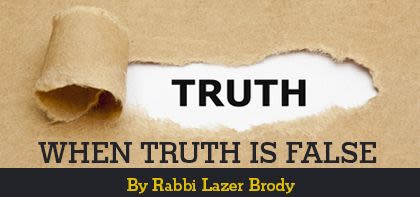
When Truth is False
We all have encountered the "crusaders of truth". These are the poison pens of the social media who freely blast other people high and low in the name of the truth…

Here’s a quiz: who said the following?
“When the truth is maliciously harmful, it’s not the truth.”
A) Rebbe Natan of Breslev
B) The Chafetz Chaim
C) Rabbi Yehuda Zev Leibowitz
D) Rabbi Shalom Arush
E) all of the above
If you answered “E”, you answered correctly.
We all have encountered the “crusaders of truth”. These are the poison pens of social media who freely blast other people high and low in the name of truth. They don’t realize the bottomless pit of stern judgments and tribulations that they’re digging for themselves, Heaven forbid, transgressing laws of Torah on such a massive scale that it would petrify any spiritually-cognizant individual.
So what does Jewish Law allow? If a person has a grievance against someone, he or she can file a complaint with the police or with a local Bet Din (religious court). Otherwise, even if he or she is telling the truth, they may not share it with others.
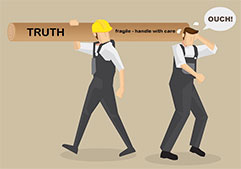 Here is what the Chofetz Chaim rules in his classic compendium of laws regarding lashon hara, evil speech:
Here is what the Chofetz Chaim rules in his classic compendium of laws regarding lashon hara, evil speech:
1. Evil speech is forbidden, even when it’s true.[1]
2. Passing on gossip about another person is forbidden by Torah, even when it’s true.
3. One may not speak detrimentally about anyone, even if it is true.[2]
4. Even if a person’s intent is not malicious, but simply in jest, and what he is saying is true, he still may not say it if it will cause anguish to the individual he is speaking about.[3]
The above is just a small sample. The Chofetz Chaim cites at least a dozen other places where a person may not speak the truth if it harms someone else. Among others, he mentions examples of the Torah’s prohibition against causing sorrow to others, which the Gemara[4] devotes particular attention to, such as:
1. One my not remind a Baal Teshuva of his unobservant past, even when it’s true.
2. One may not remind an ex-convict of his past as a criminal and/or inmate.
3. One may not praise a person, even truthfully, if it will bring his enemies to condemn him.
In examples like this, we send the truth on a long walk off a short bridge.
Sometimes, the truth is especially perilous, when we do damage to ourselves, Heaven forbid.
Rebbe Natan of Breslev writes[5] that the truth can especially knock a person down. Suppose that a person is devoting his daily hour to personal prayer and self-assessment. He tries his best to be 100% open and candid with Hashem, so he confesses all his sins. Once he has to itemize them, he sees that the list is long and that he blundered quite a bit in the last 24 hours. So far, everything is true. Now what happens? The evil inclination perches himself on his shoulder and starts yelling in his ear: “Hey, pal! Can’t you see that you’re finished? All those images you looked at yesterday when you were walking down the street downtown are embedded in your soul! Your soul reeks, dude! Hashem doesn’t want a thing to do with you! What are you wasting your time for?”
Look what the evil inclination did with the young man’s truth – it hijacked it. That’s why Rebbe Natan says that quite a few people lost their spiritual lives because of “truth” such as that.
So what should people do, refrain from truthfully confessing their sins? The answer is no. The Torah requires us to do teshuva every day. But, while there is truth, there is core truth, what Rebbe Nachman calls, “the truth within the truth.” Whereas the evil inclination makes cruel use of the truth, the good inclination takes a person to the core truth. The young man who engaged in candid confession and personal prayer should have told the evil inclination to take a walk. He would have then given power to the good inclination to have its say. The good inclination would have said, “It doesn’t matter if you sinned hundreds and thousands of times. You are doing the right thing by confessing to Hashem. Look how great His mercy is! Not only will He not punish you for what you have confessed to, but you will be rewarded for your personal prayer and your teshuva, both of which are priceless mitzvot worth more than all the money in the Swiss banks. Besides, Hashem is still with you – His mercy is endless.” That’s core truth, the truth within the truth, where you feel wonderful afterwards.
When the truth leads to sadness and depression, it’s not the truth, it’s an evil-inclination terrorist hijacking. When it is core truth, it leads to joy – the joy of “there’s no despair ever” as Rebbe Nachman constantly tells us.
Rebbe Natan’s conclusion is that truth must be guarded carefully from the evil inclination. Why? When unguarded and exposed to the evil inclination’s exploitation, the truth becomes false. King David tells us that Hashem Himself guards the truth when he says, “He guards the truth always.”[6] Hashem loves truth, but like atomic power, He wants it used for productive purposes rather than destructive ones. Truth – more accurately, core truth – brings a person joy and closer to Hashem. That’s the truth that Hashem wants.
* * * *



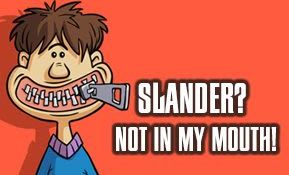
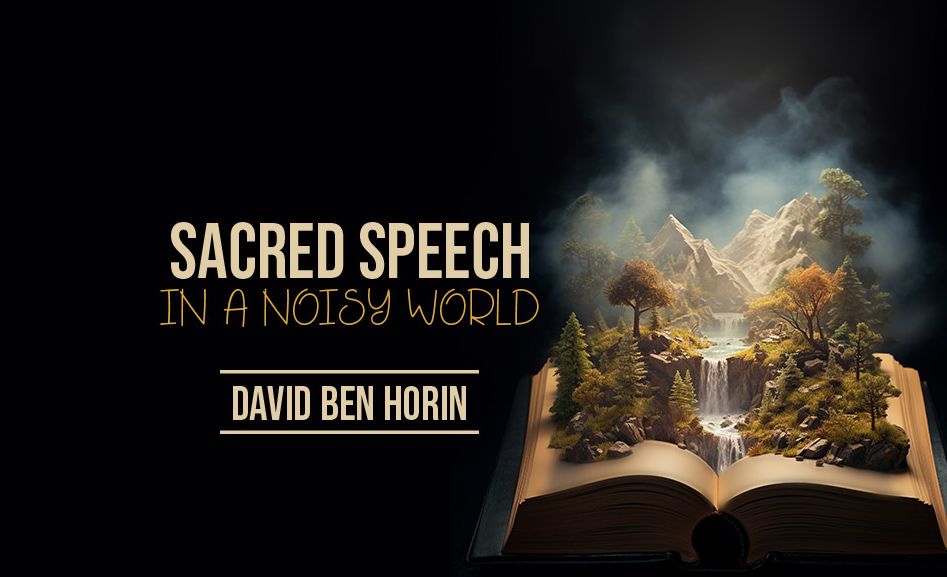
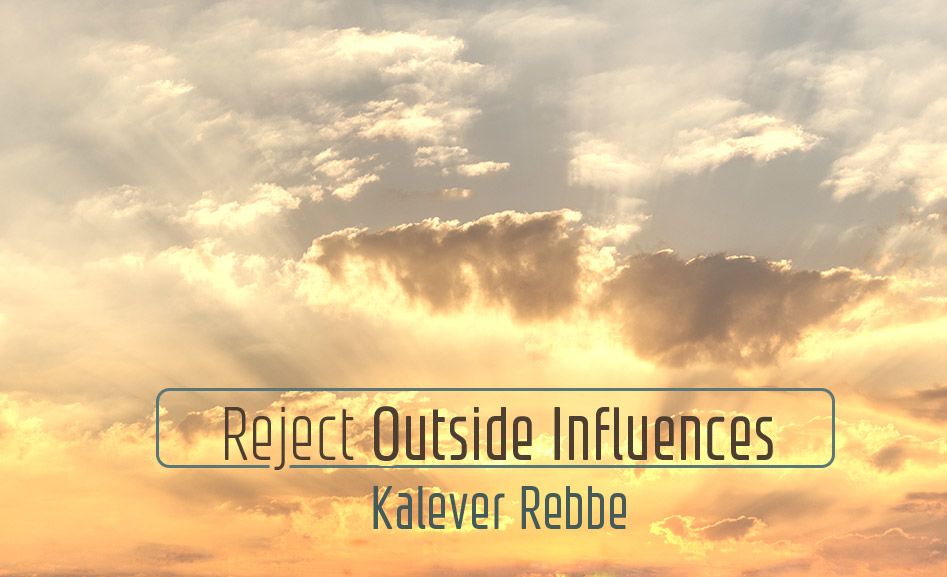

Tell us what you think!
Thank you for your comment!
It will be published after approval by the Editor.